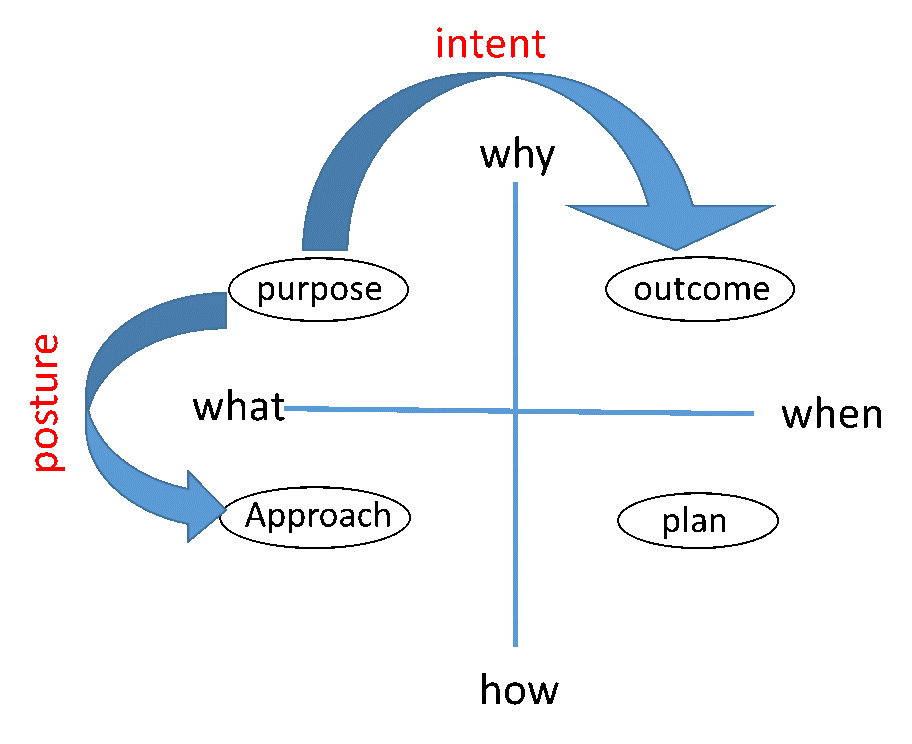Following on from my last article “when project management gets in the road of good project management” I was asked by clients what I meant by this.
In summary not all projects are the same and therefore you should not treat them with a homogeneous approach. There are a lot of learnings that can be incorporated into the standard approach, but you can inadvertently be solving for the wrong problem. Sometimes taking the same approach to the same problem in different contexts can lead to a poor outcome.
The story
I had a client that had attempted to deploy LEAN techniques into operations several times over many years but after spending millions of dollars had little to show for it. I was then brought in to assist.
What I found was that each time LEAN was deployed it was “Hi, we are from head office and here to help!” They had a standard rollout project plan, standard training etc. that seemed to make sense from the outside. Swallow the pill and all will be well. The implication was that head office knew what to do and that the operation just had to follow instructions. The operation was conditioned to grin and bear it until the project team left. Does that sound like a recipe for success?
What we did differently!
We changed the INTENT. It was no longer a rollout of known tools and processes but more a statement that the operation will need to operate differently if it was to perform at the required level. What does the operation need to do to itself to get there?
By changing the INTENT, the POSTURE of the project team needed to also change. The new POSTURE was a learning posture. Not to be confused with a teaching posture. This drove a less fixed approach but one of joint discovery. It looked like what was done before, but it felt very different because it was focused on self-enquiry and coaching. The skills of the project team needed to be more balanced with EQ as well as IQ.
Different deployments within operations had different underlying issues. By being open to enquiry rather than rollout the real issues were dealt with improving the outcome and empowering the local team to make a difference.
This change of INTENT and Project POSTURE worked a treat. After several years, the resignation of the sponsor and a number of restructures the approach has been further enhanced and expanded across that very successful organisation. It demonstrated that what is efficient for the project is not necessarily effective for the organisation.

